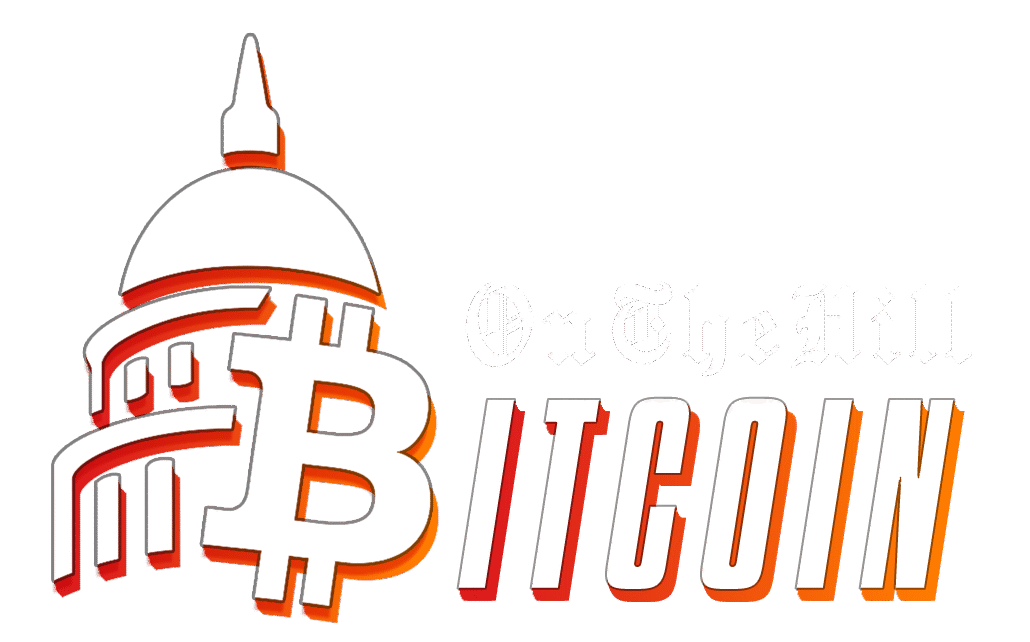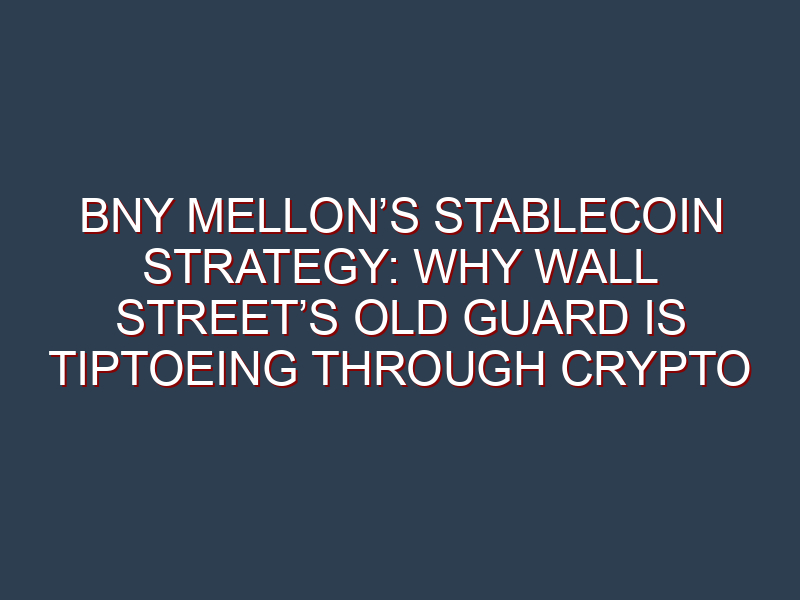
BNY Mellon: Playing It Safe in the Fast-Moving World of Stablecoins
What happens when America’s oldest bank meets the wild west of crypto? You get BNY Mellon, a key Wall Street player, anxiously eyeing the stablecoin game — but not quite ready to ante up. Their latest move? A cautious commitment to “agility” rather than a full-blown leap into issuing their own stablecoin. In plain English: BNY Mellon isn’t saying “never,” but they’re holding back as everyone from start-ups to Silicon Valley giants flood the crypto field.
Why Is BNY Mellon Wary? The Regulatory Minefield Is Growing
It’s no surprise that BNY Mellon is taking its time. America’s regulatory climate for digital assets is notoriously turbulent. The U.S. Securities and Exchange Commission (SEC) and the Commodity Futures Trading Commission (CFTC) have been sharpening their knives, sending waves of subpoenas and lawsuits through the industry. Recent U.S. Treasury proposals, detailed on Treasury.gov, suggest that new regulations for stablecoins could be right around the corner.
The ambiguity is real — and BNY Mellon’s cautious approach is more about political and regulatory chess than technological hesitancy. Their official line is that they’re “focused on infrastructure.” Translation: they’re building backend tools to stay relevant, but don’t want to risk a regulatory smackdown by issuing their own coin…at least not yet.
Politics, Power, and the Hidden Stakes of Stablecoin Adoption
So what’s at stake politically? Stablecoins are the latest flashpoint in the bigger struggle over who controls the future of money. Lawmakers on Capitol Hill are fiercely debating whether banks or tech companies should get the upper hand in issuing digital dollars. There’s bipartisan anxiety about unchecked private stablecoin issuance, potentially undermining dollar stability and the Federal Reserve’s authority.
As Congress inches toward a comprehensive crypto framework — see the House hearings on Financial Services Committee’s website — big banks like BNY Mellon are avoiding anything that could draw political heat or regulatory backlash. Their wait-and-see attitude is both self-preservation and smart politics: there’s little upside to moving fast and breaking things when you already dominate the existing financial order.
Will BNY Mellon Jump In — or Sit It Out?
Bottom line? BNY Mellon is clearly interested in stablecoins, but they’re lobbying quietly and preparing the groundwork while letting bolder, smaller rivals take the most regulatory risk. It’s a classic establishment play — don’t expect the bank to launch a stablecoin until the rules are crystal clear, Congress and the SEC stop squabbling, and banks are given a political green light.
Until then, the oldest name in U.S. banking is hedging its bets, navigating the crypto revolution with one eye on Washington, and the other on their balance sheet. You can bet lawmakers and regulators are just as interested in BNY Mellon’s next move as crypto fans themselves.
For more on crypto regulation from the government’s own mouth, check out the SEC’s crypto enforcement actions and the U.S. Treasury’s digital asset statements as this story develops.





